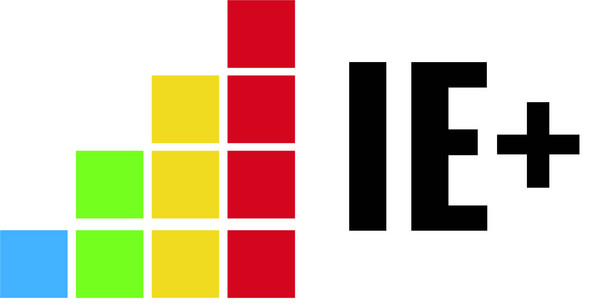Inclusive Education: What’s the state of play in your country?

Where did you go to school?
For many of us, where we went to school defines many of our childhood memories. It impacts who our friends were; influences the attitudes and beliefs that we come to hold and can spark or extinguish a desire to learn.
Access to a high-quality education, in a school of the learner’s choice, is a right that all children hold, including those with an intellectual disability. High-quality, inclusive education systems, which can adapt to meet the needs of all learners, are for the benefit for all. While promoting the full development of human potential, inclusive education systems also promote the development of a learner’s personality, talents and creativity to their fullest potential and facilitate the full participation of individuals in their communities.
For many children with disabilities across Europe, the possibility to receive an education alongside their peers in their local communities is yet to be a reality however and instead they continue to be segregated from mainstream education systems. While many European countries are in the process of transitioning towards more inclusive education, advances towards this goal have been slow and the full inclusion of all learners is yet to become a reality.
EASPD and its partners in the ‘Promoting positive attitudes and evidence-based policy for inclusive education’ (IE+) project believe that the realisation of fully inclusive education systems across Europe is a real and achievable goal. To support the development and implementation of evidence-based policies for inclusive education, the project partners have released 5 country reports to provide a state of play of inclusive education in:
These reports provide an overview of the current legal, policy and school practice in place in each country, providing decision makers (namely policy makers and education providers) with a foundation from which they can begin to develop policies to support the transition of their country’s education systems towards inclusion.
Following the publication of these reports the partnership will release a comparative analysis of these national reports in the coming months. This analysis will identify a number of European priorities which impact on the achievement of inclusive education in Europe and will provide a foundation for clear recommendations, to support the realisation of inclusive education across Europe.
Over the next six months project partners will work with local trainers in Belgium, Bulgaria, Greece, Portugal and Spain to develop and deliver a 3-day training course, targeted at decision-makers. Co-produced and co-delivered alongside persons with intellectual disabilities, this course will support decision-makers to work with other stakeholders to develop and implement evidence-based policies that will promote the realisation of inclusive education.
To find out more about the project and keep updated with its latest news click here.
Editor’s note:
These national reports have been written within the framework of the ‘Promoting positive attitudes and evidence-based policy for inclusive education’ (IE+) project. Co-funded by Erasmus+, the project aims to provide decision-makers (including policy-makers and education providers) with the information, training and tools that allow for evidence-based policy making that will support the transition towards inclusive education for children with intellectual disabilities aged between 3-18 years old. The project has brought together seven partners including: the European Association of Service providers for Persons with Disabilities, Inclusion Europe, Ghent University, the University of Salamanca, the National Association of Resource Teachers in Bulgaria, Kentro Koinonikis Frontidas Atomon Me Noitiki Ysterisi and Centro de Educação para o Cidadão com Deficiência, who will work together during the 3 year project alongside local partners Plena inclusion and UNIA.
This project has received funding from the European Union’s Erasmus+ under grant agreement No. 2017-3338/001-001.
The European Commission's support for the production of this publication does not constitute an endorsement of the contents, which reflect the views only of the authors, and the Commission cannot be held responsible for any use which may be made of the information contained therein.

